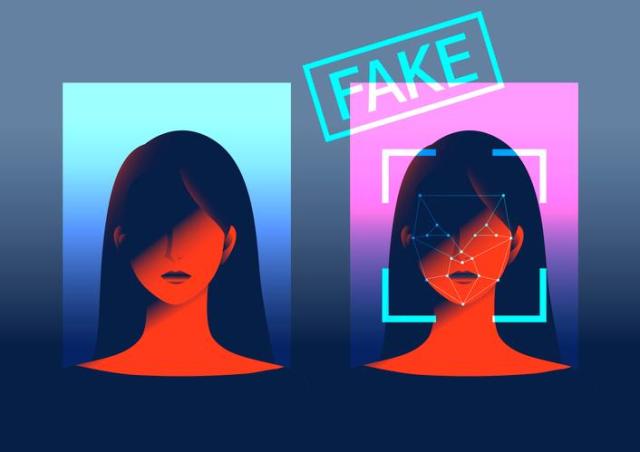
Deepfake technology, which uses artificial intelligence to swap faces in videos, has been increasingly misused to create illegal explicit content.
The NPA's commissioner Cho Ji-ho said, "Approximately 75 percent of those apprehended are teenagers, and if those in their 20s are included, the figure rises to about 95 percent."
He emphasized the need for preventive education, explaining that "many offenders commit these crimes without a sense of guilt or awareness of the criminal nature of their actions."
Recent investigations revealed multiple Telegram chat rooms involved in creating and distributing deepfake content. One group chat, with nearly one thousand members, was found producing pornographic videos using the faces of ordinary people including friends, classmates, and workmates.
According to the National Office of Investigation (NOI), an average of 9.5 deepfake cases were detected per week from January to July this year, but the number spiked dramatically between Aug. 26 and 29, with 88 new cases and 24 suspects identified.
In response to the surge, police launched a crackdown on deepfake-related sex crimes on Aug. 28. Cho said that the NPA will use software specially developed to detect such crimes.
The rise in deepfake-related cases has sparked broader public awareness of cyber crimes, prompting action from local police agencies, government bodies, and educational institutions to prevent further incidents and support victims.
The Ministry of Science and ICT has allocated two billion ($1.4 million) Korean won from next year's budget of 19 trillion won to develop advanced technologies for detecting and countering deepfake content.
In addition, students and civic groups have also rolled up their sleeves to raise awareness of online sex crimes through social media. "Team Datastack," an online activist group, has created a map showing schools and universities where students are either suspected of participating in Telegram group chats or have unknowingly become victims of deepfake pornography. The map currently lists dozens of schools.
Copyright ⓒ Aju Press All rights reserved.




